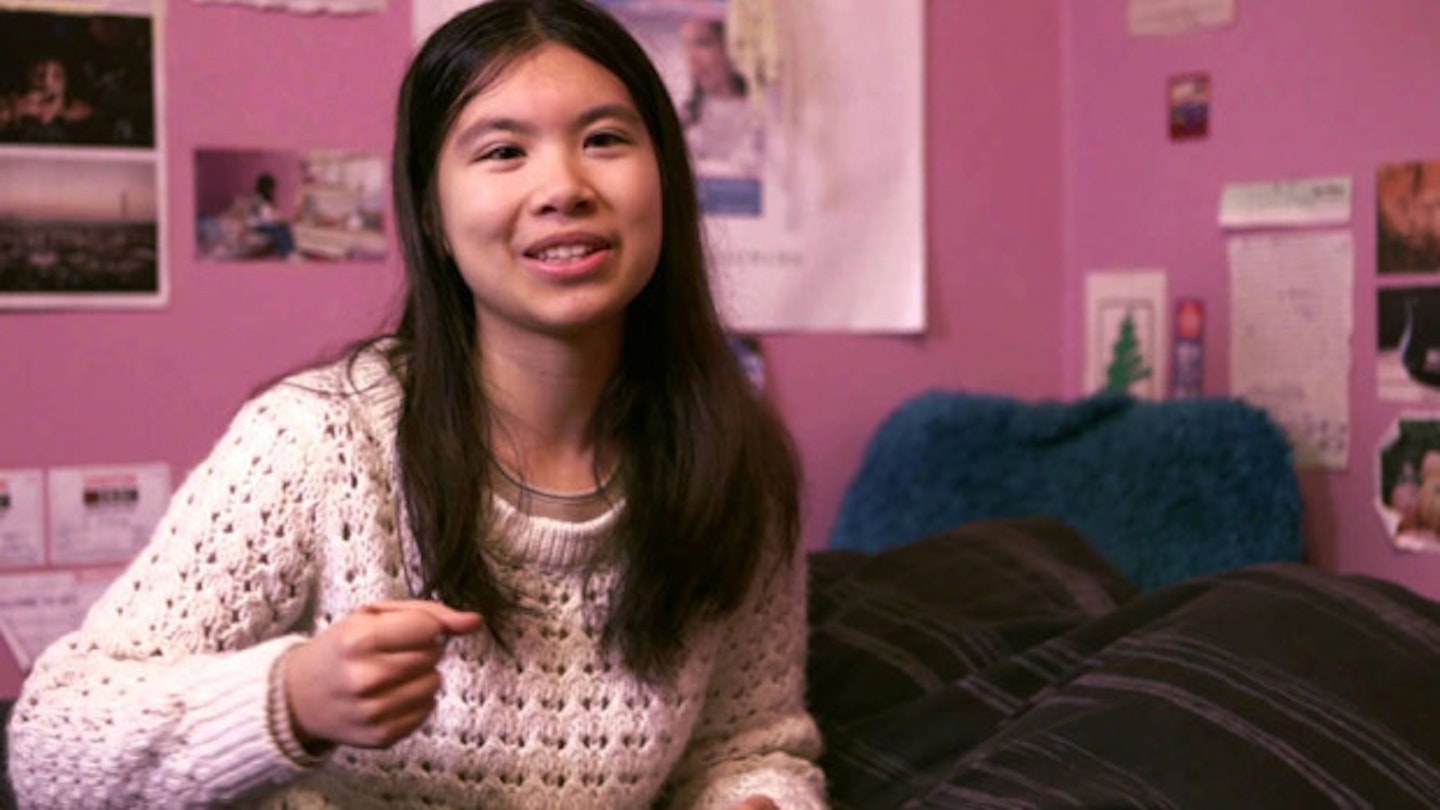According to a new report there’s a new generation of people coming along, those who have basically grown up with the internet and can’t even remember the times of having to share one fuzzy dial-up connection with every single family member, all vying for the privilege to log on to AOL messenger on a desktop screen the size of a wardrobe.
They’re called Generation Z. Born after 1995 (and therefore after Encarta’s best incarnation), that’s two billion people worldwide. They’re web-savvy and switched on and this shows in their views, which are righteous, progressive and ethic-driven. A survey of 11,000 Gen Z so-called ‘screenagers’ by *Maclean’*s magazine, showed that 69 per cent would rather be smarter than better looking and 60 per cent of them ‘want to have an impact on the world’ through their job.
The report compares them favourably to Millennials (those born between 1980 and 2000 – yes, we get that there’s overlap, but it still makes sense), showing that Gen Z-ers drink and smoke less cannabis, get into fewer fights and have less ‘risky sex’.
As *Maclean’*s put it in a statement that might hit a nerve with a few of us Millennials: ‘Gen Z is already being branded as a welcome foil to the Millennials, who have been typecast as tolerant but also overconfident, narcissistic and entitled.’
The agency pointed out that Adora Svitak, a 16-year-old activist and author (yep, makes us feel very old) from Oregon fits the Gen Z profile perfectly. Campaigning for literacy and sexual equality (yes, just like Malala Yousafzai, another Gen Z-er) she has a TED talk called ‘What Adults Can Learn From Kids’ and it’s been viewed more than three million times.
Filmed in 2010, when she was just 13, she explains to the crowd that being ‘childish’ really isn’t a bad thing. ‘The traits that the word “childish” addresses are seen so often in adults that we should abolish this age-discriminatory word when it comes to criticising behaviour associated with irresponsible thinking,’ she says with a confidence we wish we could fake even today.
‘But who’s to say that certain types of irrational thinking aren’t exactly what the world needs?’ she adds, before describing how adults need to start thinking a little more like kids if they’re to make big changes in the world. It’s totally compelling and you can check it out here:
The future certainly does look bright if you look at it like that… bright and young!
Follow Sophie on Twitter @sophwilkinson
This article originally appeared on The Debrief.
